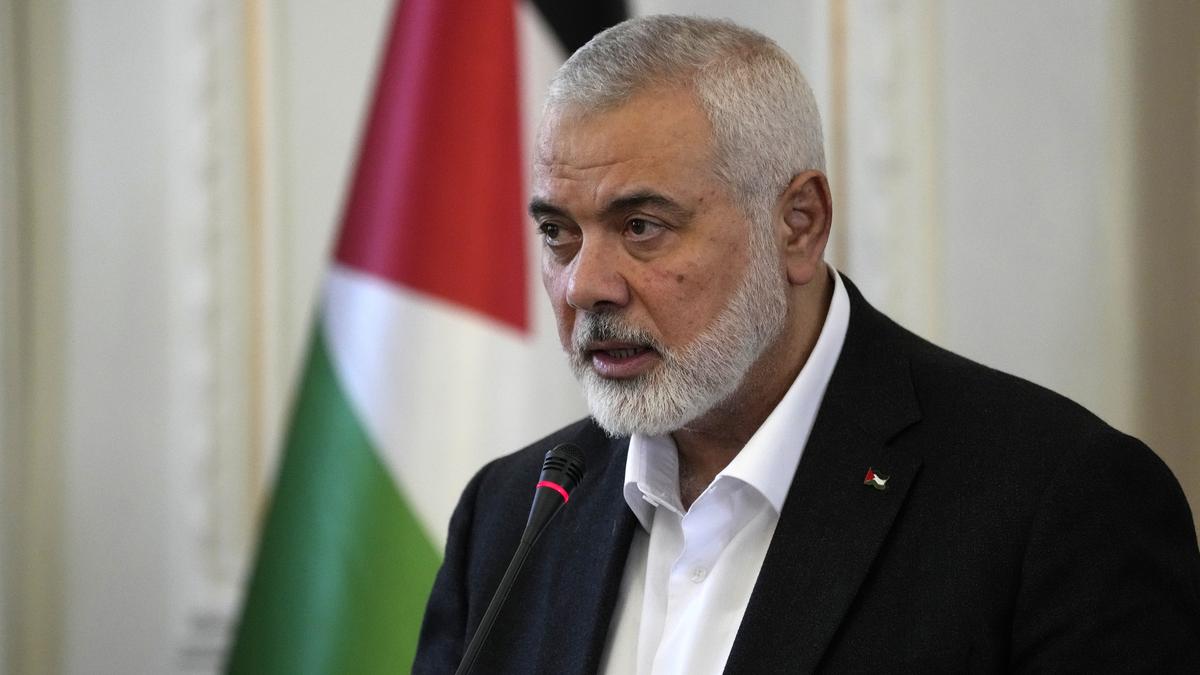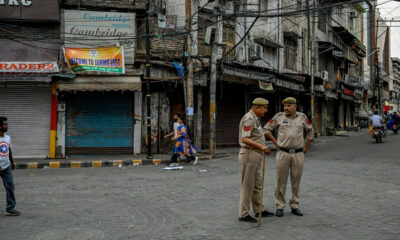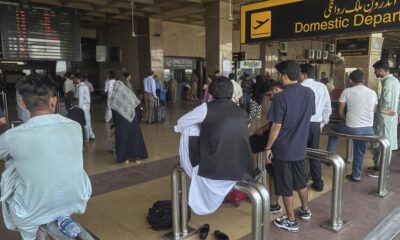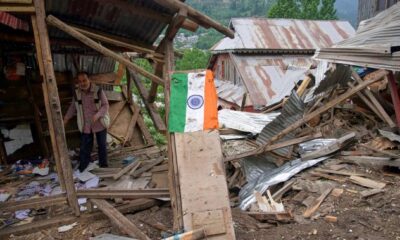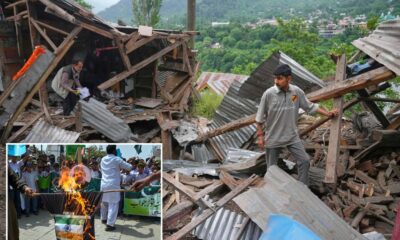India remained silent following the death of Hamas political head Ismael Haniyeh in Tehran. The sensitive issue stems from India’s close ties with both Iran and Israel, as well as the lack of details surrounding Mr. Haniyeh’s demise provided by Iranian authorities.
Mr. Haniyeh’s death occurred after his participation in the swearing-in ceremony of Iran’s new President Dr. Masoud Pezeshkian, where he was joined by international dignitaries including Indian Minister of Road Transport and Highways Nitin Gadkari. Indian officials refrained from commenting on potential security concerns posed by the presence of Hamas, Hezbollah, the Houthis, and Islamic Jihad leaders at the event, emphasizing that they were invited by the Iranian government and not a concern for Indian authorities.
Minister Gadkari returned from Tehran after a two-day visit. Following the ceremony, President Pezeshkian posed for a group photo with the guests, including Mr. Gadkari, Haniyeh, Islamic Jihad’s Ziyad al-Nakhalah, Hezbollah’s Naim Qassem, and Yemen’s Houthi spokesman Mohammed Abdulsalam.
Tight rope walk
Reports suggest Mr. Haniyeh was staying in Tehran’s Sa’adabad complex, while Mr. Gadkari was in a high-end hotel. The reported blast that occurred in the city’s northern area was distant from the Indian delegation’s location. The situation in Tehran remains tense, with Iran declaring three days of national mourning and imposing restrictions on mobile internet access, hampering communication. Despite international security challenges highlighted by Mr. Haniyeh’s death, Iran’s new government may focus on economic issues.
The incident in Tehran underscores India’s delicate position in the Middle East amid the Gaza conflict. While India condemned Hamas’ attack on Israel as terrorism, it has not officially labeled Hamas a terrorist group. Outgoing Israeli ambassador Naor Gilon called on India to designate Hamas as a terror organization, but India reiterated its support for a two-state solution to the conflict.

